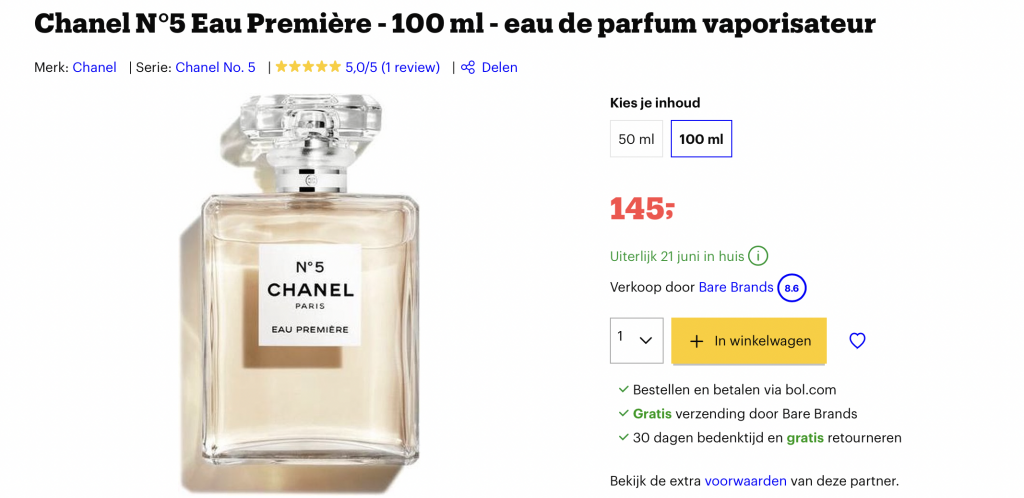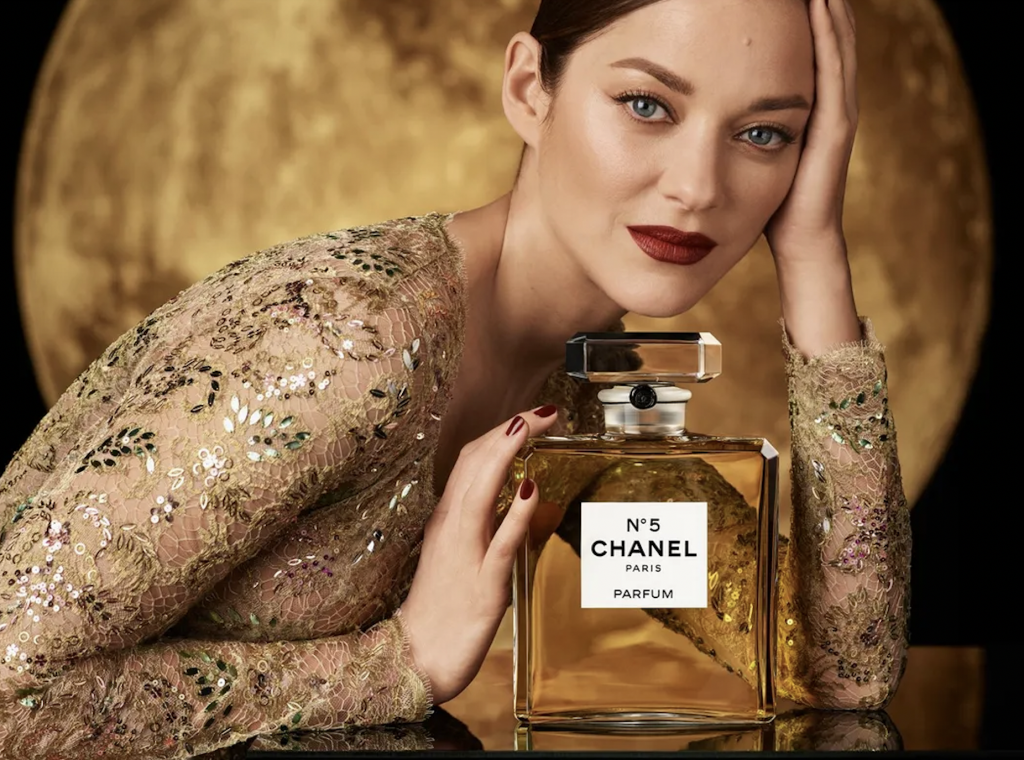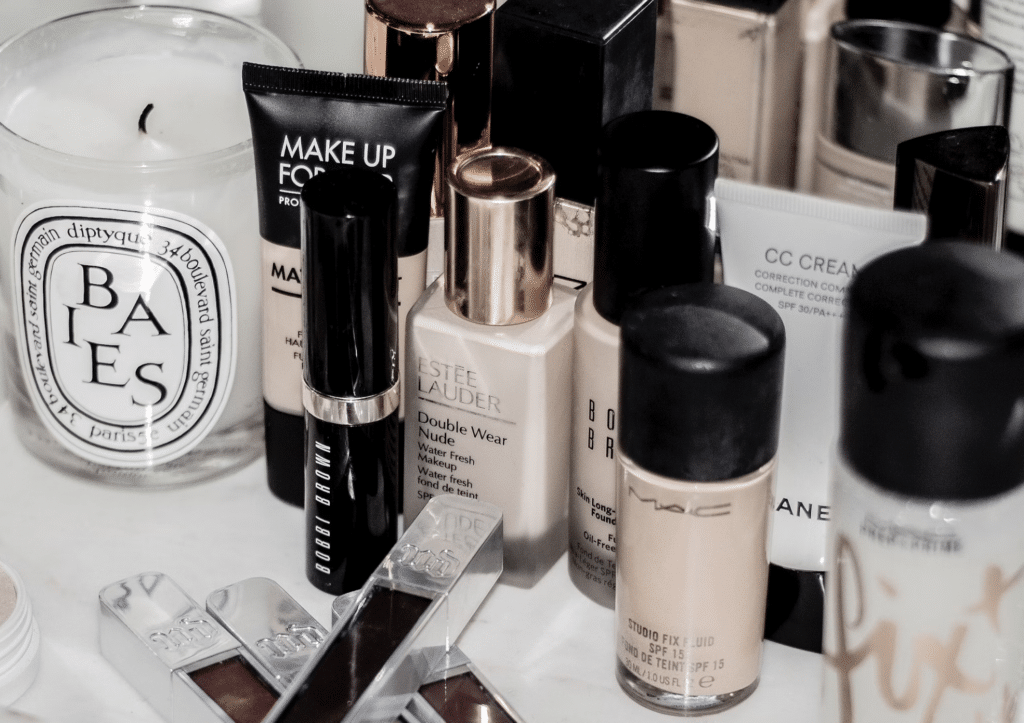What does it take to maintain the exclusivity and luxury-centric draw – and thus, the pricing power – embodied by one of the most coveted brands in the fashion sphere in the digital age? A handful of ongoing legal matters initiated by Chanel provide some insight. Amid battles with resale sites in the U.S. and in the United Kingdom, as well, Chanel has also been facing off against Bol.com, accusing the e-commerce marketplace of offering up Chanel-branded products without the luxury brand’s authorization. In a general discovery proceeding before a Dutch court, Chanel sought information about the double-C logo-bearing products that have been offered up on the Bol.com, the Netherlands’ largest online retailer and marketplace, in order to determine the extent to which its trademark rights are being infringed.
In furtherance of its quest to gain evidence about the sale of Chanel-branded goods on Bol, which is not part of Chanel’s carefully curated selective distribution system, and the nature – and the origin – of the goods at issue, Chanel initiated a general discovery proceeding before the District Court of Midden-Nederland, arguing that since 2015, Bol.com has been infringing its trademark rights by making Chanel-branded products – namely, cosmetics and fragrances – available for sale on its marketplace without receiving Chanel’s authorization to do so.
Specifically, counsel for Chanel claimed that Bol.com has been running afoul of the law on three different bases. Primarily, Chanel argued that Bol.com has sold inauthentic and/or has “traded in Chanel products that Chanel had not placed on the European internal market,” or that Chanel has consented to be sold in the European Union. The court was not persuaded by this argument, according to AKD attorney Bram Woltering, who notes that the court found that “Chanel was unable to provide evidence that the Chanel products sold by Bol.com had been counterfeit or [were] unauthorized parallel imports,” i.e., products that were made for one market and then imported into/sold in another without the trademark holder’s approval.
The court further found that “certain test purchases that Chanel had made concerned products with a track-and-trace code,” which revealed that the products were, in fact, authentic and authorized for sale in the European Union.

Second, Chanel alleged that Bol.com had purchased at least some of the Chanel products that have been offered on its site from authorized Chanel distributors. While such sales might traditionally fall beyond the reach of Chanel’s control as a result of the First Sale Doctrine/the principle of trade exhaustion, Chanel argued that it was still within its rights to control such sales because its authorized distributors are formally barred from selling its products to third-party resellers as a result of the terms of their distributor agreements with Chanel. And thus, the sales to Bol.com were outside of the scope of Chanel’s distributor agreements.
Again, the court sided with Bol.com, stating that even if it has acquired Chanel-branded products from authorized distributors that were in breach of their agreements with Chanel, such a breach does not prevent the exhaustion of trademark rights.
Finally, Chanel took issue with the way in which its branded products were being sold on Bol.com, claiming that such sales have detracted from the prestigious and luxurious image of its brand, and thus, it should be able to invoke its trademark rights to protest such sales. Finding again for Bol.com on this point, the court held that “regardless of whether Bol.com’s sales were harmful to Chanel’s image, Chanel has no legitimate interest in the documents that it had requested (namely, purchase agreements, product orders, order confirmations, delivery confirmations, purchase invoices, sales invoices and correspondence with and statements and guarantees from suppliers regarding delivery and origin),” Woltering writes.
As a result, the famed fashion house failed to meet the first prong set out in Article 843a of the Dutch Code of Civil Procedure, which must be satisfied in order for a court to approve such the discovery request. (The other two prong require the party seeking information to show that its claim relates to specific documents, and that it maintains a legal relationship with the other party.) Beyond that, the court stated that even if Chanel had managed to show that it had a “legitimate interest” in the disclosure,” the documents that it was seeking access to still “could not be used to determine the manner in which Bol.com had offered and presented the Chanel products for sale or whether such sales had harmed the reputation of Chanel’s trademarks.”
In dismissing each of Chanel’s arguments, the court tossed out the discovery proceeding in its entirety. However, Woltering says that he expects that this case is not over yet,” as Chanel will undoubtedly start a regular infringement procedure against Bol.com in the near future.”
The case is Chanel SAS v Bol.com BV, District Court Midden-Nederland (ECLI:NL:RBMNE:2021:1068).













